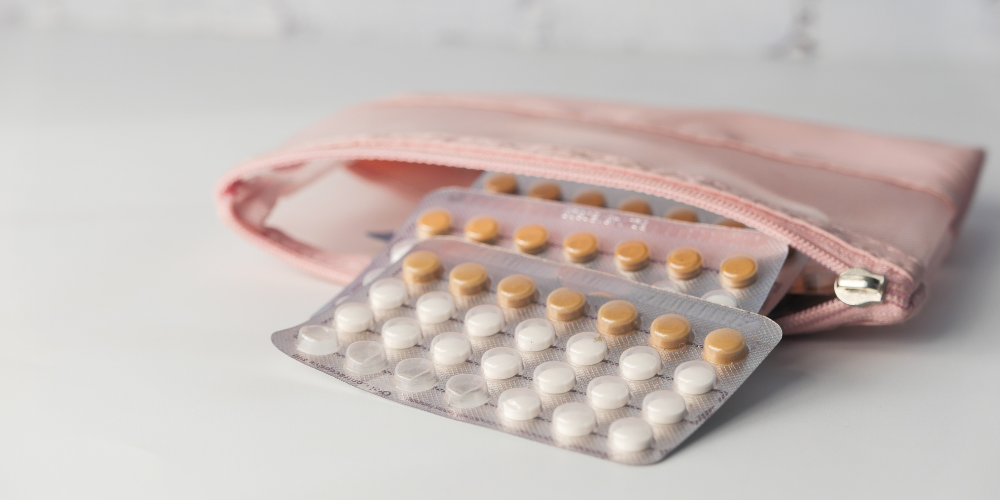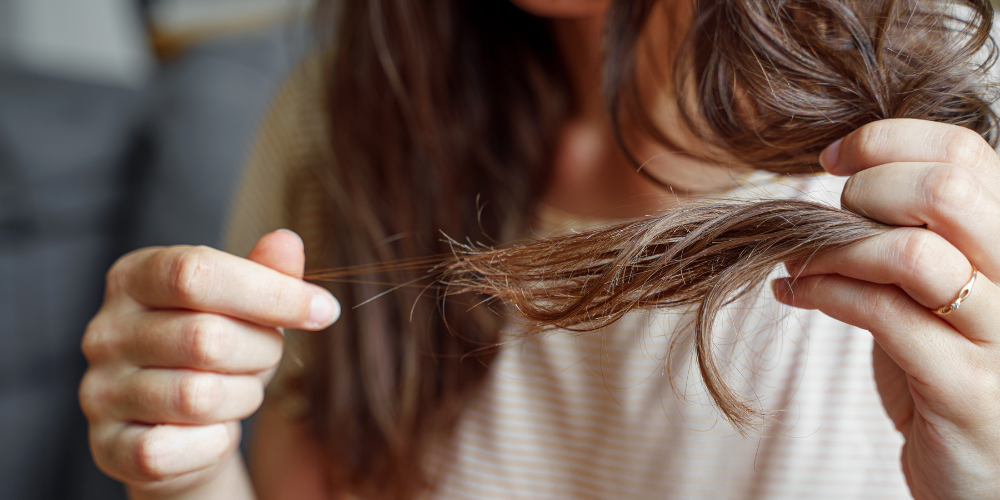
As women, we know just how fragile our hormones can be, and the impact that a hormone imbalance can have on our bodies. For decades, birth control (or “the pill”) has been a popular method of contraception as it stops a woman from ovulating through a mixture of progesterone and estrogen. So, naturally, when one finally goes off of the pill, it takes a while for their body to readjust to their normal hormone production.
Post-birth control syndrome (PBCS) is more commonly talked about in naturopathic medicine and is not considered a formal medical diagnosis in Western medicine. But this could certainly change with more research. However, there already is a fair amount of research linking hormonal contraceptives to rather unfavourable, adverse health outcomes.
What is Post Birth Control Syndrome?
The good news is that PBCS isn’t a condition that requires treatment in the form of medical intervention and prescription pills. Instead, the condition causes one to experience signs and symptoms that can be managed through lifestyle changes.
For most females, they notice that these signs and symptoms start a few months after stopping the pill, once their body finds out it needs to produce and regulate its hormones on its own. PBCS is a temporary condition and will typically resolve after a few months if correct lifestyle changes are followed.
In addition to the pill, one can experience PBCS after stopping the patch, an IUD, or other forms of birth control that aren’t oral.
If you’re wondering whether or not you currently have PBCS, well, the signs and symptoms aren’t too hard to miss.

What are the symptoms of Post Birth Control Syndrome?
Unfortunately, the list of PBCS symptoms is lengthy, but not everyone will experience every symptom. The most common symptoms include amenorrhea (loss of period) after stopping the pill, for about three to six months, cystic acne around the jawline and chin, and mood swings as contraceptives can impact one’s brain. Other commonly noted symptoms include:
● Blood sugar dysregulation (your body has difficulties regulating your blood glucose levels)
● Depression and anxiety
● Changes in bowel movements
● Headaches or migraines
● Hair loss or thinning
● Painful, heavy periods
● Gas or bloating
● Inflammation
Some women believe that the severity of their symptoms is linked to the length of time they’ve been on contraceptives. For example, if you started birth control at age 15 and you’re now 31, you may experience more symptoms than someone who was only on birth control for a couple of years.

How can you treat or prevent the symptoms?
The recommended natural treatment of PBCS is actually quite enjoyable. Health professionals suggest spending lots of time outdoors as the sunshine will provide you with a much-needed dose of vitamin D. Light to moderate physical activity on a regular basis can also help your body get back on track. However, it might be a good idea to stay away from vigorous and intense physical activity for a while as this can spike your cortisol and adrenaline levels, which isn’t ideal as you’re recovering from PBCS.
Following a healthy diet is also another recommended way to combat the pesky symptoms of PBCS. This means eating plenty of fresh fruits and vegetables, staying hydrated, and consuming healthy fats frequently. These can be found in nuts, olive oil, avocados, and fatty fish. Of course, you can still treat yourself to a slice of chocolate cake here and there. Moderation is key!
Some healthcare providers recommend supplements to support your body through these changes. Vitamins and supplements like folic acid, zinc, magnesium, and vitamins B2, B6, and B12 are safe to take when you have PBCS.
Lastly, it’s important to give your body time to rest, which means prioritizing eight hours of sleep every night. Without a good night’s sleep, your brain and body won’t have the energy needed to carry out its essential functions.
Disclosure: We are a professional review and product rating website and mobile app that receives compensation from the companies whose products we review and rate. We are independently owned and the opinions expressed here are our own interpretations of a trusted source.
Post Birth Control Syndrome was originally published in Think Dirty on Medium, where people are continuing the conversation by highlighting and responding to this story.